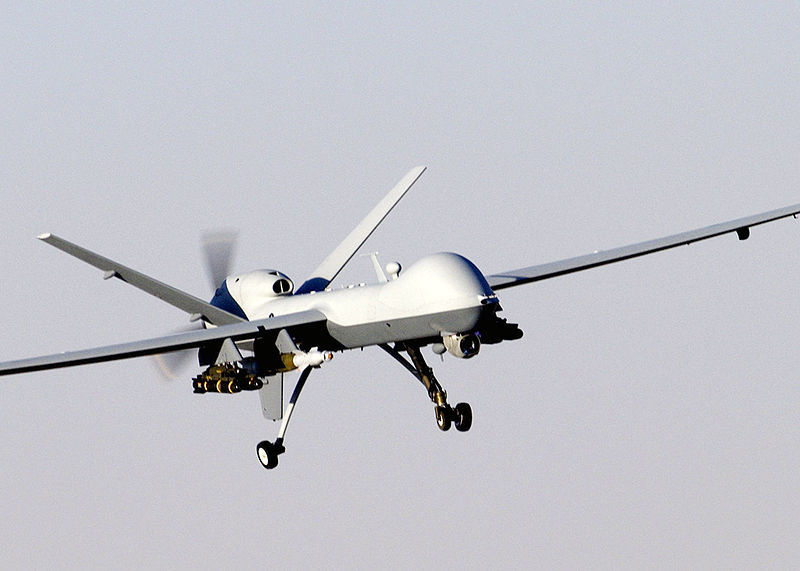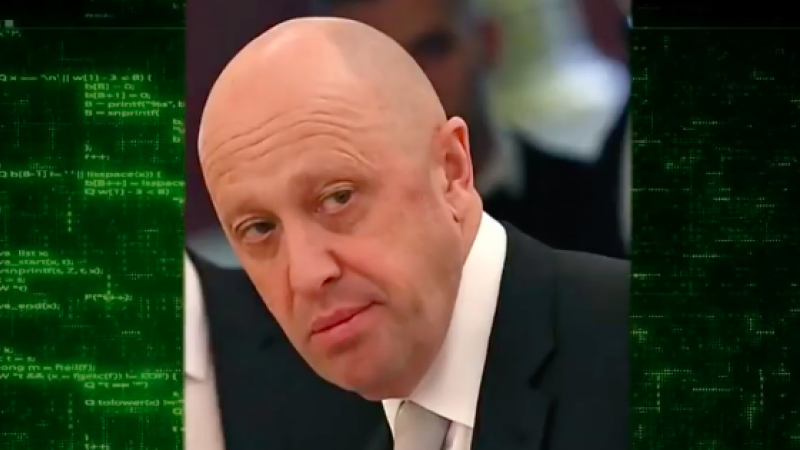 Since 2000, 33 pc of lone actor terrorist acts committed in Europe have been motivated by extreme right-wing beliefs, says a new study published by London-based Royal United Services Institute (RUSI).
Since 2000, 33 pc of lone actor terrorist acts committed in Europe have been motivated by extreme right-wing beliefs, says a new study published by London-based Royal United Services Institute (RUSI).
Entitled “Countering Lone-Actor Terrorism,” the study, led by RUSI and a consortium of policy institutes including Chatham House, the Institute for Strategic Dialogue (ISD) and the University of Leiden, says the behavior and activity of lone-actor terrorists can provide warnings of their extreme views or even intention to act.
While the focus for authorities is on religiously-inspired lone actor extremists, “there is an equal number of far-right extremists who may go undetected”, warns the study.
It calls for a holistic response, combining public communication, community outreach and collaboration with social media companies, to counter the threat posed by the right-wing lone-wolf terrorists. They represent a real challenge for law-enforcement because they act without direct command and control from a wider network.
According to Melanie Smith, an expert at Institute for Strategic Dialogue, the majority of policing and security resources remain focused on preventing attacks from ISIS-inspired individuals.
“This needs to change in light of the refugee crisis. European governments need to commit more resources to detecting and preventing extreme right lone actor terrorists,” she said, urging security services to continue to monitor non-violent groups, particularly on public social media platforms, to spot individuals who may be becoming violent.
This study has analyzed for 18 months a database of 120 lone actors from across Europe in order to improve understanding of lone-actor terrorists, their behavior, and their activities in the period leading up to their intended attacks.
It finds that religiously inspired perpetrators showed indicators of extremism to friends or family, whereas right-wing terrorists were more likely to signal their extremist views online.
The study also finds that 35 pc of the lone-actor terrorists has been reported to have a mental health issue.


